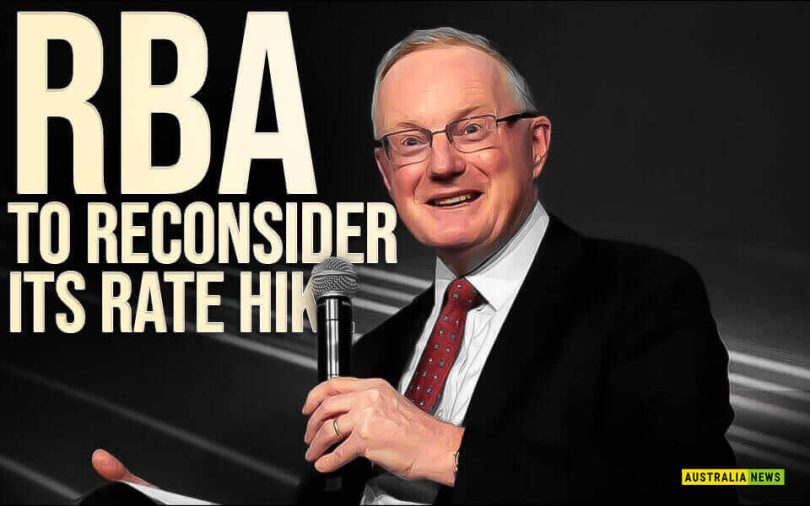After its meeting on Tuesday afternoon, the central bank is reconsidering its plans for another interest rate hike.
Since last May, the central bank has increased interest rates 12 times to reduce the surgeon inflation effect, leaving the cash rate unchanged for two months in a row at 4.1%.
In a survey of 38 financial experts, they all agreed that the central bank would refrain from increasing interest rates.
Commonwealth Bank economist Belinda Allen was firm regarding the central bank pausing the rate hikes.
In a note to the client, Ms. Allen wrote, “We do not view the meeting as a line ball call, unlike the finely balanced decisions in July and August.”
Ms. Allen stated that the most recent statistics did not act as a motivation for a September increase but rather that the RBA would likely consider the argument for a hike and maintain its mention of potential further tightening if necessary.
In the monthly figures, inflation convincingly decreased, and wages and employment data were considerably weaker.
“The relative lack of data on service prices in the month of July, the main area of concern for the RBA, will likely keep them on high alert,” Ms. Allen stated.
Mortgage borrowers are feeling additional pressure as a result of the interest rate increases, even if the tightening cycle is getting close to its end.
According to a Canstar survey, 28% of borrowers were found to be living above their means, and another 32% were uncomfortable about their personal finances.
Steve Mickenbecker, a finance expert at Canstar, claimed that cracks were beginning to show.
“With lenders reporting higher 30-day arrears in loan repayments and, with close to one-third of borrowers reporting that they are living beyond their means, the problems are only just starting,” he commented.
Renters are more likely to be stressed than borrowers, with nearly half enduring financial unease despite the pressure on borrowers.
Household expenditure has decreased as a result of mounting financial challenges, according to Australian Bureau of Statistics data, which also shows a slowdown in consumption.
The household spending indicator experienced its first drop since February 2021, declining 0.7% from July 2016 to July 2017.
The agency also made available statistics on business indicators, which will have an impact on the upcoming report on economic growth.
With firm profits falling 13% over the quarter, both profits and inventories fell short of expectations.
Inventories dropped significantly by 1.9%, signaling a weaker-than-anticipated GDP outcome in the national accounts on Wednesday.
Although there are still a few more pieces of information that will be used to inform GDP estimates, ANZ economist Adam Boyton warned that growth may be less than expected, with only a 0.2% quarterly increase anticipated.
“Indeed, we wouldn’t rule out the possibility of a (small) negative print,” he stated.
The impact of an unstable global economy and rising interest rates will likely be reflected in the national accounts, according to Treasurer Jim Chalmers.
On Monday, he told the parliament, “We are making welcome progress in the fight against inflation, but we know that people are still under pressure.”
“Higher interest rates are putting people under pressure and slowing our economy substantially.”
- Published By Team Australia News








